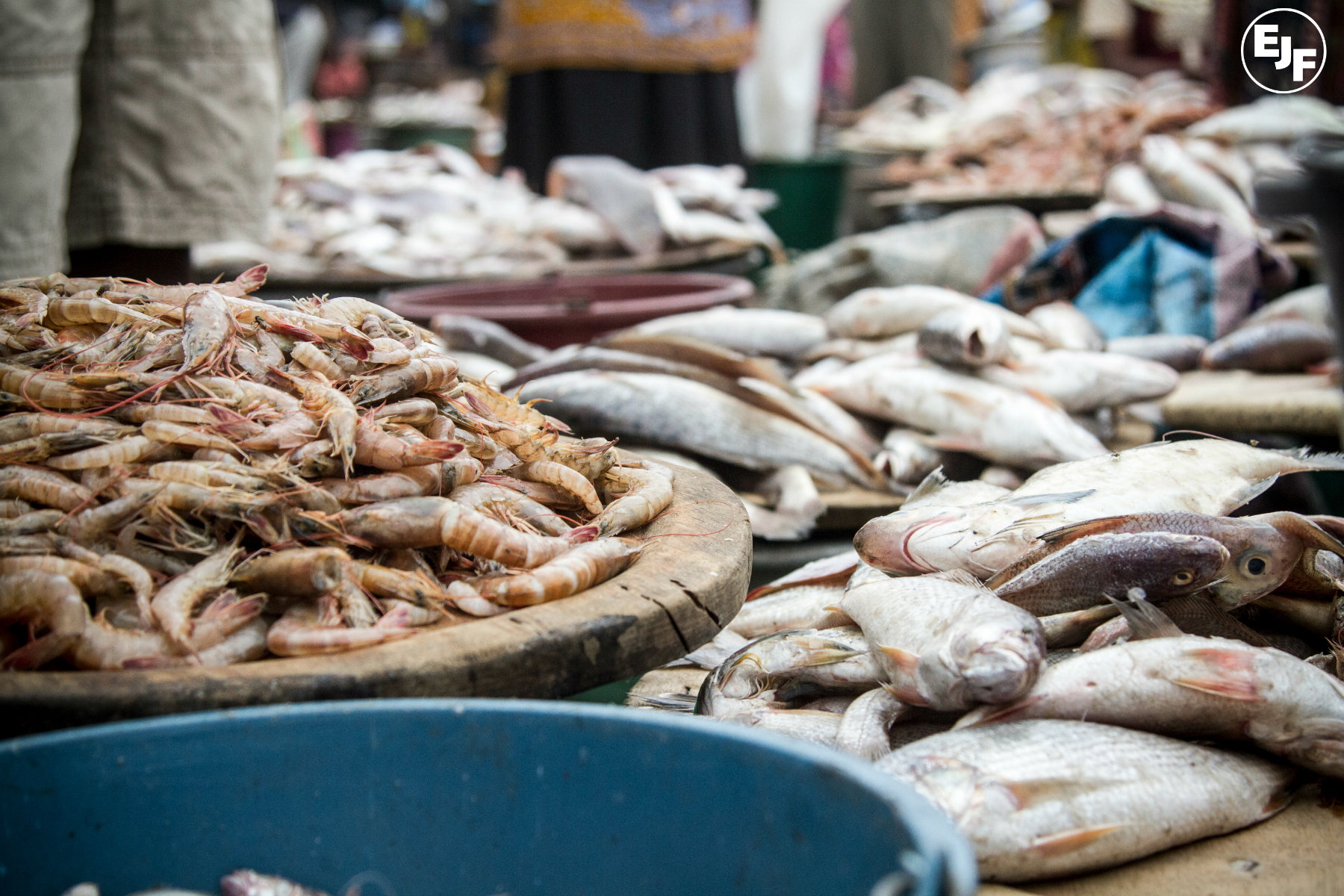
Leading businesses, NGOs and experts identify solutions to secure global seafood supplies
An expert panel has released a report outlining key recommendations for working towards seafood traceability.
The Expert Panel on Legal and Traceable Fish Products was organised by WWF to help envision pragmatic solutions to the challenges of seafood traceability, and to promote action to prevent illegal fish products from entering supply chains. EJF Executive Director Steve Trent is a member of the panel, together with others representing leading seafood businesses, environmental NGOs, US and European processors and retailers, food science institutes and independent experts.
The panel has released a report to promote engagement and dialogue among industry actors, the public and policymakers about how to make seafood completely traceable to legal fishing activities. It puts forward eight key recommendations in the report to achieve its vision for fully traceable and demonstrably legal fish products.
The panel has released a joint statement about the report:
"As several of the world's leading food distributors, environmental NGOs, food science institutes, and seafood industry experts, we have joined together to call for a set of specific actions to ensure that all wild-caught fish products are fully traceable to legal fishing activities.
Fish stocks in every ocean are subject to widespread and sometimes illegal overfishing. Fortunately, a growing number of seafood companies are already acting to ensure they can trace the products they sell back to the boat, and that the fish they purchase are caught legally. Meanwhile, governments around the world are considering new rules to halt commerce in illegal fish products. But with seafood being fished and traded globally, better coordinated business systems and government policies are needed to put affordable and effective solutions within reach.
A panel of experts from our organizations has worked together and in consultation with outside specialists to identify cutting edge solutions that combine regulatory and private sector approaches at both national and global scales. Among the panel’s top recommendations are:
- Industry and other stakeholders should launch a global dialogue to agree on and adopt common international standards and protocols for tracking seafood products and for sharing digitized data about their origins;
- Governments should accelerate creation of a new “global record of fishing vessels” to provide a worldwide system that prevents vessels from hiding their identity through frequent name changes or flying false flags;
- Governments, industry, and conservationists should expand and harmonize the use of “landing authorizations” to ensuring that the legality of fish catches can be verified as they come off the boats;
- Industry should commit to making a full transition to electronic product traceability within five years; and
- Governments should adopt border measures that set minimum standards for seafood traceability and proof of legal origin for seafood products traded internationally.
We believe that the panel’s report sets out a solid vision based on pragmatic technical analysis that can serve as strong basis for action towards concrete solutions. The report is intended to serve as a reference point, and to promote expanded engagement and dialogue among industry actors, civil society stakeholders, and policymakers. By achieving a world in which all fish products are fully traceable to legal sources, we can help conserve ocean ecosystems and secure sustainable fish supplies for the future of the seafood industry and of the communities around the world that depend on fish for food and livelihoods."
You can read the panel's report here.